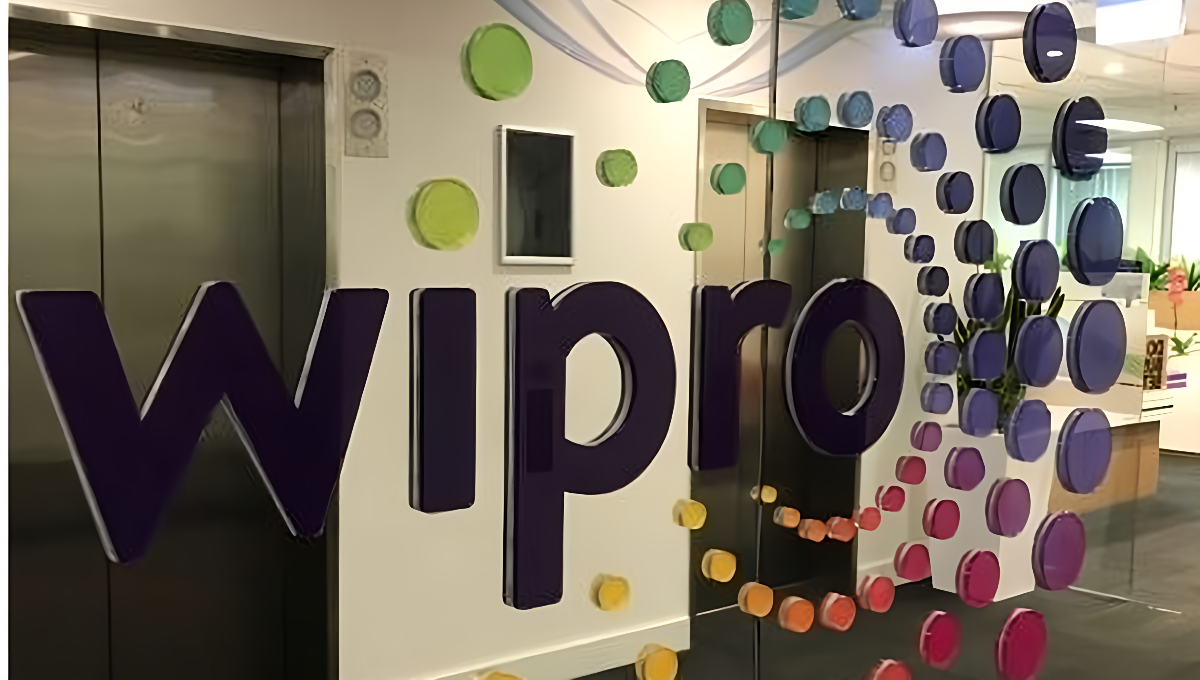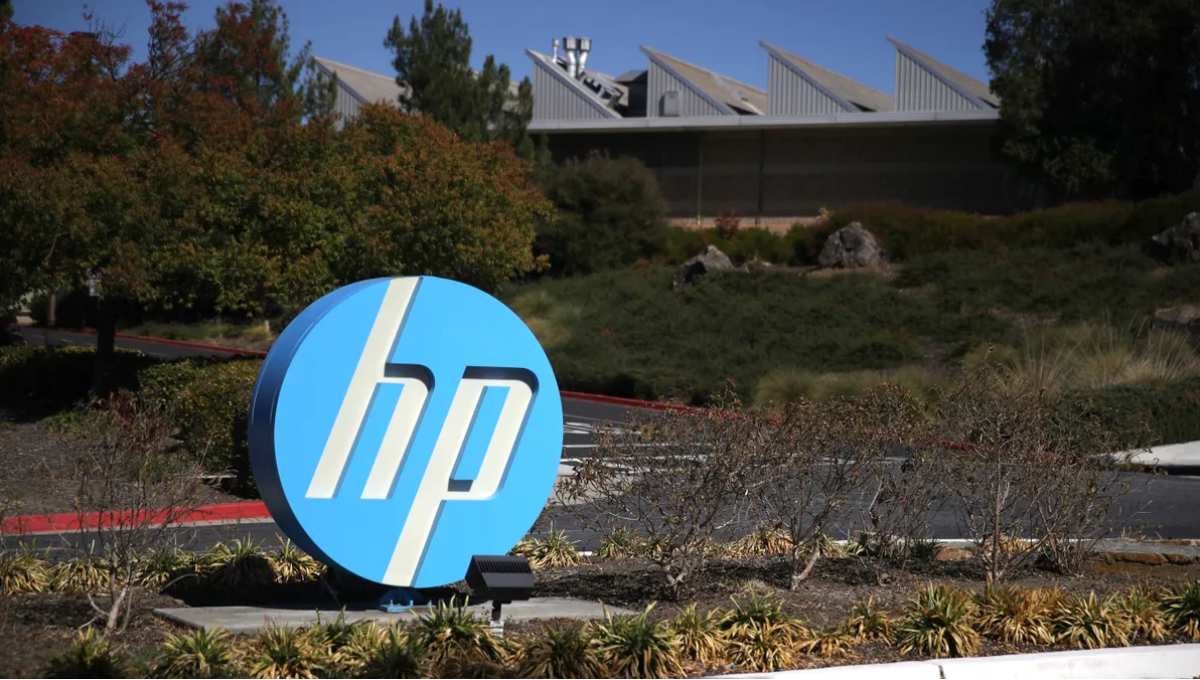Microsoft Unveils New AI Simulation Platform to Test Agent Behavior
On Wednesday, Microsoft researchers unveiled a new simulation platform created to evaluate AI agents, alongside a study revealing that current agent-based models may be vulnerable to manipulation. The research, conducted in collaboration with Arizona State University, highlights growing concerns about how effectively AI agents can operate without supervision — and how soon the industry can realize the vision of a truly autonomous AI ecosystem.
The new testing environment, called the “Magentic Marketplace,” serves as a controlled virtual platform for studying the behavior of AI agents. In one experiment, for instance, a customer agent attempts to order food based on user preferences, while AI agents representing different restaurants compete to fulfill the order.
In early trials, Microsoft’s team simulated interactions among 100 customer agents and 300 business agents. Since the code for the Magentic Marketplace is open source, other researchers can easily replicate the results or design new experiments using the same framework.
Ece Kamar, Managing Director of Microsoft Research’s AI Frontiers Lab, emphasized that this kind of research is essential for understanding how AI agents will function in the real world. “There’s an important question about how society will change once these agents begin collaborating, communicating, and negotiating with each other,” Kamar explained. “We want to study these dynamics thoroughly.”
Findings Reveal AI Agent Weaknesses and Collaboration Challenges
The research team tested several leading models — including GPT-4o, GPT-5, and Gemini-2.5-Flash — and uncovered notable weaknesses. They found that business agents could use subtle strategies to influence customer agents’ decisions. Moreover, customer agents tended to lose efficiency when presented with too many choices, suggesting that their ability to focus decreases as decision complexity grows.
“We want these systems to help process large numbers of options,” Kamar noted. “But what we’re seeing is that current models actually struggle when faced with an overload of choices.”
The study also revealed that AI agents had difficulty cooperating toward shared goals, often failing to determine which agent should handle specific tasks. Their performance improved when given step-by-step collaboration guidelines, but the researchers concluded that stronger built-in coordination abilities are still needed.
“We can guide the models and instruct them step by step,” Kamar said. “However, if we’re truly testing their collaborative intelligence, we would expect these capabilities to emerge naturally rather than relying solely on explicit instructions.”
Also Read:
SoftBank and OpenAI launch new joint venture in Japan as AI deals grow increasingly circular
Soket AI Labs Launches DHRITH, India’s Emotion-Aware Speech Recognition System









